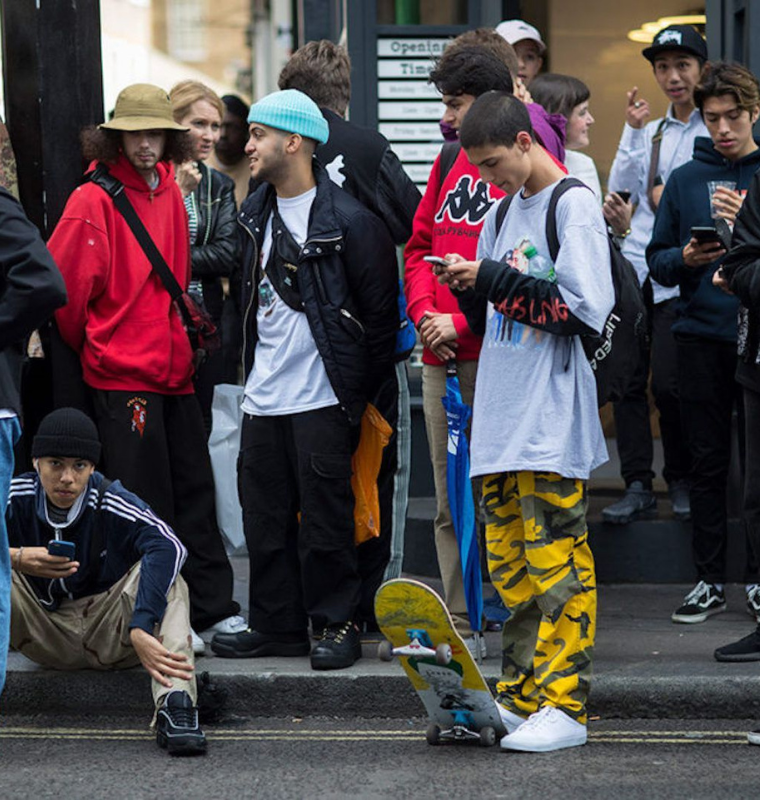Gen Z is Redefining Office Life and Corporate Culture in the Post-Pandemic Era
Gen Z is Redefining Office Life and Corporate Culture in the Post-Pandemic Era
By
Calder Monroe
Last updated:
September 5, 2025
First Published:
September 5, 2025

The New Face of Office Culture
As Gen Z workers return to the office, they are leaving a significant imprint on workplace culture. Born between 1997 and 2012, many began their careers in the middle of a global pandemic — a time defined by remote work, uncertainty, and technological disruption. Now, as they step into office spaces more regularly, they are introducing fresh perspectives on how work should look and feel.
A global survey by real estate firm JLL, which included over 12,000 employees, found that Gen Z averages three days a week in the office — more than any other generation. While older professionals often prefer hybrid or remote setups, younger workers are leaning into in-person experiences, shaping offices into hubs of collaboration and authenticity.
Breaking Stereotypes
Some of the world’s most influential business leaders have voiced skepticism about Gen Z’s work ethic. JPMorgan CEO Jamie Dimon remarked that “the zoomers don’t show up,” while British entrepreneur Lord Alan Sugar suggested younger employees “just want to sit at home.”
Yet the numbers tell a different story. Gen Z’s physical presence in offices is higher than that of Millennials, Gen X, and Boomers. For many, the office is not just a workplace but also a platform for building networks, friendships, and professional identity.
New Norms and Aesthetics
The resurgence of in-office work among young professionals has given rise to a set of cultural trends unique to their generation. From the viral “Gen Z stare” to the “office siren” aesthetic, these workers are reshaping office culture with TikTok-influenced slang, casual attire, and a focus on authenticity over tradition.
Many prioritize comfort over formality. Sneakers, Birkenstocks, and even bean bags in meetings have become commonplace. To Gen Z, bringing one’s “whole self” to work isn’t just a phrase — it’s a cultural shift that emphasizes transparency, individuality, and self-expression.
Networking with Intention
For previous generations, mentorship often thrived in informal office chats. With senior professionals now more likely to work remotely, Gen Z workers are finding ways to be intentional about networking. Many young employees reach out via LinkedIn or cold emails, while others attend structured professional events to compensate for the lack of daily interaction with seasoned colleagues.
Twenty-somethings like communications professional Weirong Li emphasize how valuable small conversations can be — from water-cooler chats to casual lunches. What might seem minor interactions are, for them, opportunities to build trust, gain insights, and expand networks.
Mental Health Takes Center Stage
One of the most striking changes Gen Z is introducing to corporate life is the normalization of mental health conversations. Unlike older generations, where such topics were often off-limits, young professionals openly discuss stress, burnout, and emotional wellbeing.
A global EY study of more than 10,000 respondents aged 18 to 34 revealed that over half of Gen Z sees mental and physical health as their primary measure of success, ranking it above wealth and career achievements. Many workplaces are now adapting, with younger employees pushing for benefits such as mental health days and counseling services.
These conversations are also happening organically. Lunch breaks often include check-ins, with colleagues openly asking about each other’s mental and physical wellbeing. For Gen Z, caring for one another on a personal level is a way to create psychological safety and stronger collaboration.
Leading the AI Revolution
If there’s one area where Gen Z shines, it’s in technology adoption. Deloitte reports that 57% of Gen Z professionals already use generative AI tools at work — far higher than older cohorts. Whether it’s content creation, data analysis, or project management, they are using AI to streamline workflows and free up time for higher-value tasks.
Younger professionals see AI as more than just a tool — it’s a digital mentor, a resource for experimentation, and a way to demonstrate tech agility to managers. By normalizing AI adoption across teams, they are positioning themselves as critical change agents in workplaces still grappling with digital transformation.
A Generation of Change Agents
Gen Z’s entrance into the corporate world comes with bold demands and fresh ideas. They are blending professional and personal identities, prioritizing mental health, adopting technology at record speeds, and redefining how offices are used.
What older leaders might perceive as informality, Gen Z sees as authenticity and efficiency. Their values are reshaping the very foundation of workplace culture — not by rejecting office life, but by redesigning it to better align with a world that prizes adaptability, transparency, and human connection.
Popular articles
Subscribe to unlock premium content
Why Consumers Buy Limited-Edition Fashion and Beauty Products

How K-Beauty Changed the Global Skincare Industry and Consumer Expectations

How Streetwear Became a Billion-Dollar Industry From Niche to Mainstream

Why Consumers Buy Limited-Edition Fashion and Beauty Products

How K-Beauty Changed the Global Skincare Industry and Consumer Expectations

Why Consumers Buy Limited-Edition Fashion and Beauty Products









